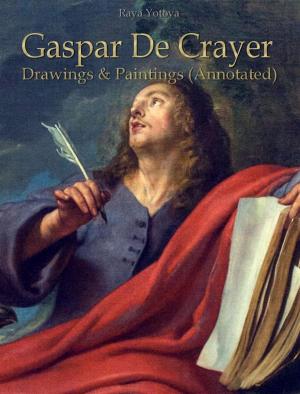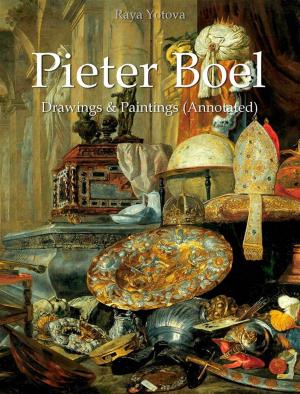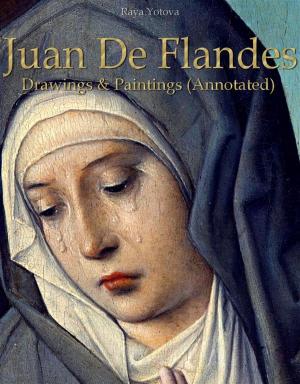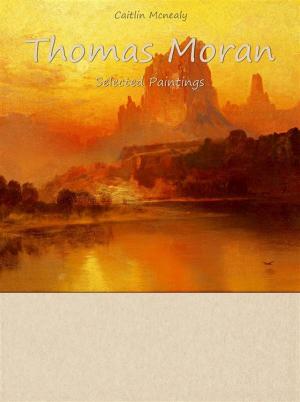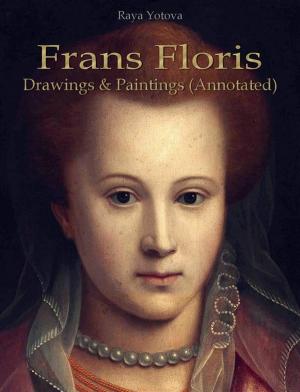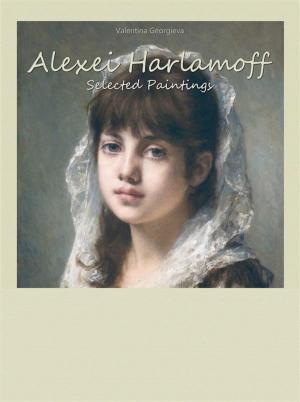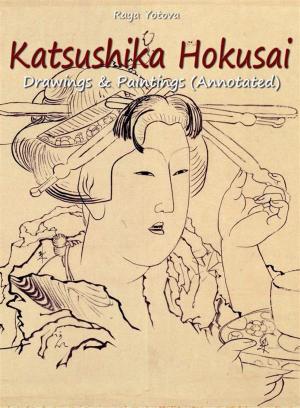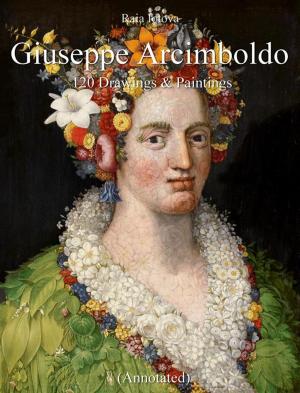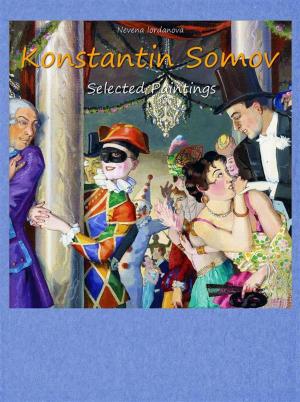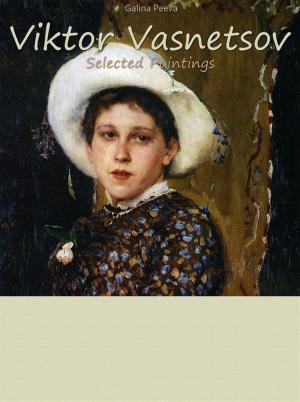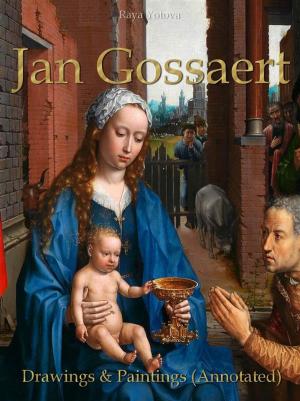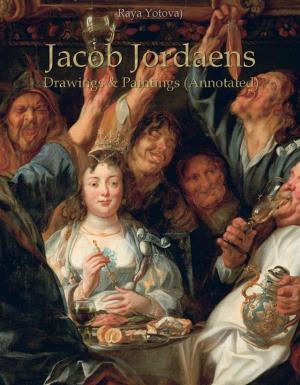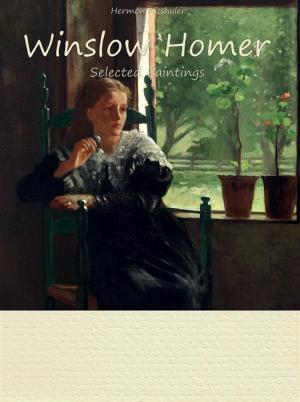Quentin Matsys: Drawings & Paintings (Annotated)
Nonfiction, Art & Architecture, Art History, European, General Art| Author: | Raya Yotova | ISBN: | 9788829563944 |
| Publisher: | Publisher s13381 | Publication: | December 1, 2018 |
| Imprint: | Language: | English |
| Author: | Raya Yotova |
| ISBN: | 9788829563944 |
| Publisher: | Publisher s13381 |
| Publication: | December 1, 2018 |
| Imprint: | |
| Language: | English |
Quentin Massys is one of the main figures of the early Flemish school in Antwerp. The artist was born in Leuven, where he received his initial education, probably started his career as a member of the blacksmith guild there, and then switched to that of the artists.
After starting his career in Leuven, Massys moved to live and work in Antwerp, where actually established himself as a master-painter and worked there for more than two decades.
He has been painting, like most of his contemporaries, mostly religious themes, but at the beginning of his career, he has demonstrated a harsh satirical feeling even in this canonical genre.
His paintings have a strong influence on Rogier Van der Weyden, Hans Memling and especially Dirk Bouts.
After his long, fruitful stay in Antwerp, the artist returns to his native Leuven, where he painted his most famous paintings for the rest of his life, ironizing human vices such as greed and lust. His most famous satires include A Portrait of an Elderly Man, The Money Changer and His Wife, and The Ugly Duchess.
Quentin Massys is one of the main figures of the early Flemish school in Antwerp. The artist was born in Leuven, where he received his initial education, probably started his career as a member of the blacksmith guild there, and then switched to that of the artists.
After starting his career in Leuven, Massys moved to live and work in Antwerp, where actually established himself as a master-painter and worked there for more than two decades.
He has been painting, like most of his contemporaries, mostly religious themes, but at the beginning of his career, he has demonstrated a harsh satirical feeling even in this canonical genre.
His paintings have a strong influence on Rogier Van der Weyden, Hans Memling and especially Dirk Bouts.
After his long, fruitful stay in Antwerp, the artist returns to his native Leuven, where he painted his most famous paintings for the rest of his life, ironizing human vices such as greed and lust. His most famous satires include A Portrait of an Elderly Man, The Money Changer and His Wife, and The Ugly Duchess.

